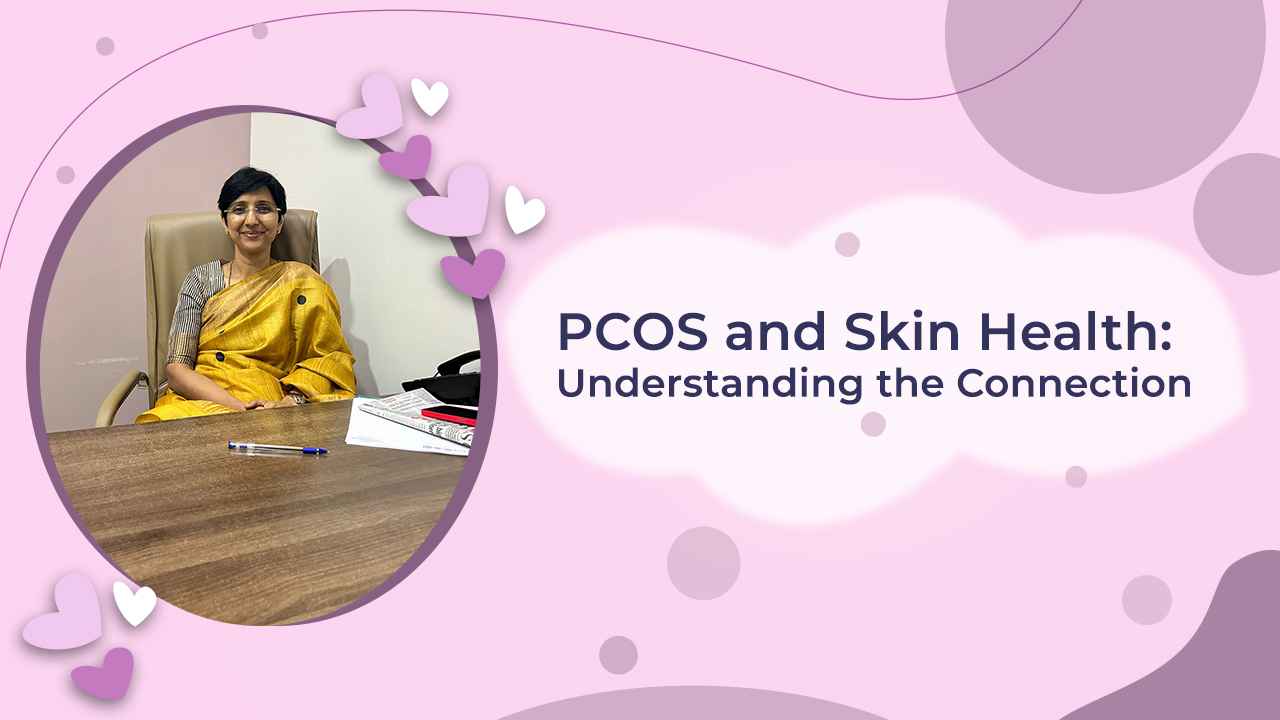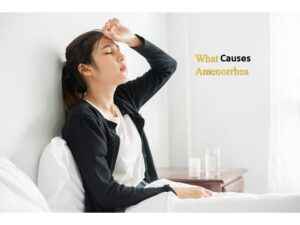Polycystic Ovary Syndrome (PCOS) is a common hormonal disorder that affects millions of women worldwide. While many people associate PCOS primarily with reproductive health issues, it can also have a significant impact on skin health. In this blog, we’ll explore how PCOS affects the skin, common skin concerns, and effective management strategies.
The Link Between PCOS and Skin Health
Women with PCOS often experience hormonal imbalances, particularly elevated levels of androgens (male hormones). These hormonal changes can lead to various skin issues, including:
- Acne: Increased androgen levels can stimulate oil production in the skin, leading to clogged pores and persistent acne, particularly on the face, back, and chest.
- Hirsutism: One of the hallmark symptoms of PCOS, hirsutism refers to excessive hair growth in areas where men typically grow hair, such as the face, chest, and back. This can be distressing for many women and may require targeted treatment.
- Oily Skin: Many women with PCOS have oily skin due to increased sebum production, which can contribute to acne and other skin problems.
- Dark Patches (Acanthosis Nigricans): This condition is characterized by dark, velvety patches of skin that often appear in skin folds, such as the neck, armpits, and groin. It is associated with insulin resistance, which is common in women with PCOS.
- Hair Thinning or Loss: Elevated androgen levels can also lead to thinning hair on the scalp, a condition known as androgenic alopecia.
Effective Management Strategies
While there is no one-size-fits-all solution for managing skin issues related to PCOS, several strategies can help alleviate symptoms:
- Consult a Dermatologist: Seeking professional advice from a dermatologist who understands PCOS can provide personalized treatment options, including topical medications and hormonal therapies.
- Topical Treatments: Over-the-counter products containing salicylic acid, benzoyl peroxide, or retinoids can help manage acne. Always patch-test new products to avoid irritation.
- Hormonal Therapies: Medications like birth control pills can help regulate hormones and reduce acne and hirsutism. Anti-androgen medications like spironolactone may also be effective in addressing excessive hair growth and acne.
- Maintain a Healthy Diet: A balanced diet rich in whole foods, low in refined sugars, and high in anti-inflammatory foods (like fruits, vegetables, whole grains, and healthy fats) can help manage insulin levels and improve skin health.
- Stay Hydrated: Drinking plenty of water can help maintain skin hydration and support overall skin health.
- Regular Exercise: Physical activity can improve insulin sensitivity and hormone balance, positively affecting skin health.
- Skincare Routine: Establishing a consistent skincare routine that includes cleansing, moisturizing, and sun protection can help manage oily skin and prevent acne breakouts.
- Consider Supplements: Some supplements, such as omega-3 fatty acids and vitamin D, may benefit skin health. Always consult a healthcare provider before starting new supplements.
Conclusion
PCOS can have a profound impact on skin health, leading to various challenges that affect self-esteem and quality of life. By understanding the connection between PCOS and skin issues, women can take proactive steps toward managing their symptoms. Collaborating with healthcare providers, including dermatologists and nutritionists, can help create a comprehensive plan tailored to individual needs.
If you suspect you have PCOS or are experiencing skin issues related to the condition, consult your healthcare provider for proper diagnosis and management. Together, we can navigate the complexities of PCOS and improve not only our skin health but our overall well-being.




